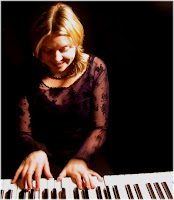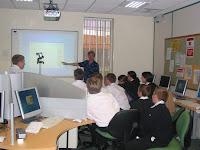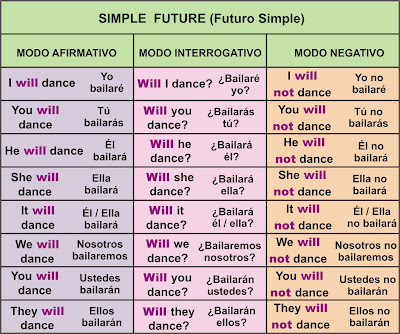En el idioma inglés, los adjetivos posesivos se utilizan para hacer referencia al poseedor de un determinado objeto y son usados con mucha frecuencia, más que en el idioma español. En general preceden a los sustantivos como objetos personales, partes del cuerpo, parentesco, vestimenta. Los adjetivos posesivos y su significado son los siguientes:
ADJETIVO POSESIVO
|
SIGNIFICADO |
| MY |
Mío / mía / míos / mías |
| YOUR |
Tuyo / tuya / tuyos / tuyas |
| HIS |
Suyo / suya / suyos / suyas
(de él) |
| HER |
Suyo / suya / suyos / suyas
(de ella) |
| ITS |
Suyo / suya / suyos / suyas
(de animal u objeto) |
| OUR |
Nuestro / nuestra
nuestros / nuestras |
| YOUR |
Su / sus
(de ustedes) |
| THEIR |
Suyo / suya / suyos / suyas
( de ellos / ellas) |
Observa que la forma ITS se emplea cuando el poseedor es un animal u objeto, aunque muchas veces se hace una excepción cuando existe afecto hacia el animal, en este caso se puede utilizar HIS o HER dependiendo del género, por ejemplo:
That is its house. Aquella es su casa.
(Hace referencia a la casa del perro)
That is his house. Aquella es su casa.
(Hace referencia a la casa del perro si es macho)
That is her house. Aquella es su casa.
(Hace referencia a la casa de la perra)
Los adjetivos posesivos en inglés varían según el poseedor (1ª, 2ª o 3ª persona del singular o plural), pero a diferencia del español, no concuerdan en número con el objeto poseído:
This is my brother. Este es mi hermano.
This is my daughter. Esta es mi hija.
They are my brother. Ellos son mis hermanos.
They are my sisters. Ellas son mis hijas.
Aquí vemos algunos ejemplos:
I forget my books at home. Yo me olvidé mis libros en casa.
He broke his watch yesterday. Él rompió su reloj ayer.
We will sell our car. Venderemos nuestro auto.
Those are their pictures. Aquellos son sus cuadros.
She is wearing her new dress. Ella está usando su vestido nuevo.














